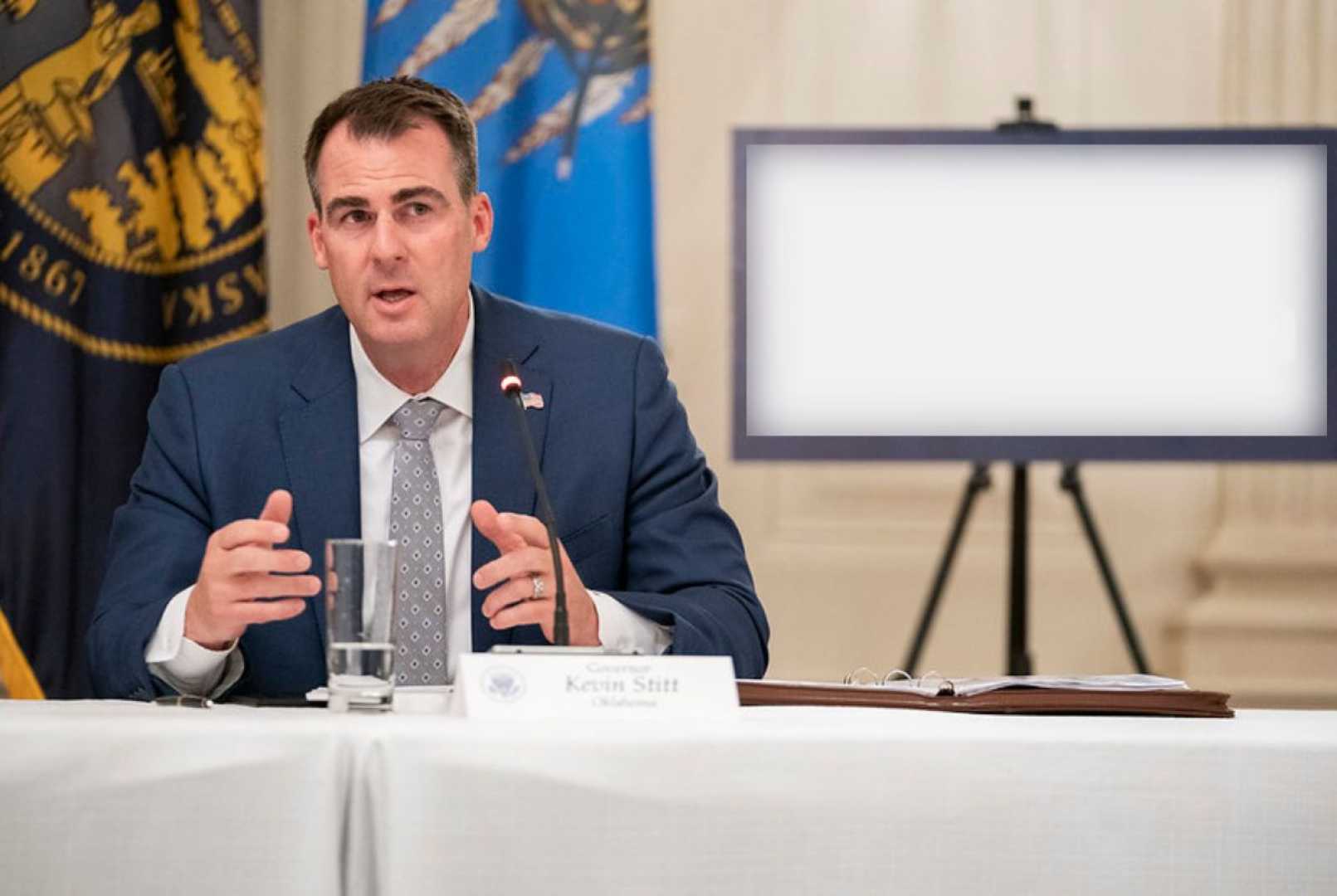Politics
Oklahoma’s ‘Women’s Bill of Rights’ Sparks Controversy Over Transgender Rights

OKLAHOMA CITY, Okla. — Gov. Kevin Stitt signed House Bill 1449, known as the “Women's Bill of Rights,” into law on July 9 at the Oklahoma State Capitol. The legislation, which defines gender based on biological sex assigned at birth, has ignited fierce debate over its implications for transgender and nonbinary Oklahomans.
Supporters of the bill, including former Sen. Jessica Gavin, R-Duncan, argue that it clarifies legal definitions of “male” and “female” to ensure fairness and safety for women. However, critics contend that the law erases the identities of transgender and nonbinary individuals, creating barriers to public spaces, health care, education, and employment.
“This law doesn’t solve a problem; it creates one,” said Kati Malicoate, a public health researcher and policy advocate from Oklahoma City. “There is no epidemic of cisgender women being harmed by transgender women. The data simply doesn’t support it. But there is an epidemic of transgender and nonbinary people being ostracized and subjected to violence.”
HB 1449 is part of a broader national trend of legislation targeting LGBTQ+ rights. In 2022, at least 25 states introduced similar bills, many of which have faced legal challenges and economic backlash. For example, North Carolina‘s controversial “bathroom bill” in 2016 led to boycotts, costing the state an estimated $3.76 billion in lost revenue.
The law’s impact on public schools is particularly concerning for advocates. Transgender students may be forced to use restrooms and locker rooms that do not align with their gender identity, potentially leading to increased harassment and dropout rates. “For many, this will mean a return to hiding — or worse, dropping out altogether,” Malicoate added.
Corporate America is also watching closely. Companies like Apple and PayPal have previously pulled investments from states with discriminatory laws, and Oklahoma could face similar economic consequences. “Corporate America is increasingly unwilling to do business in states that enshrine bigotry into law,” Malicoate noted.
Opponents of the law are mobilizing to challenge it in court and on the ground. Organizations like the ACLU and local LGBTQ+ advocacy groups are preparing legal battles, while community members are rallying to support transgender and nonbinary Oklahomans. “We must remind them that they are not alone, no matter how hard the state tries to erase them,” Malicoate said.
Despite the setback, advocates remain hopeful. “Progress is never linear,” Malicoate emphasized. “As long as there are voices willing to rise in opposition, Oklahoma’s fight for justice — for all people — will continue.”












